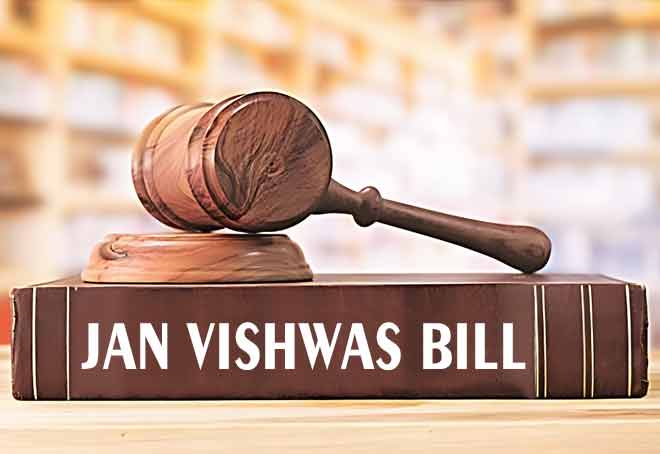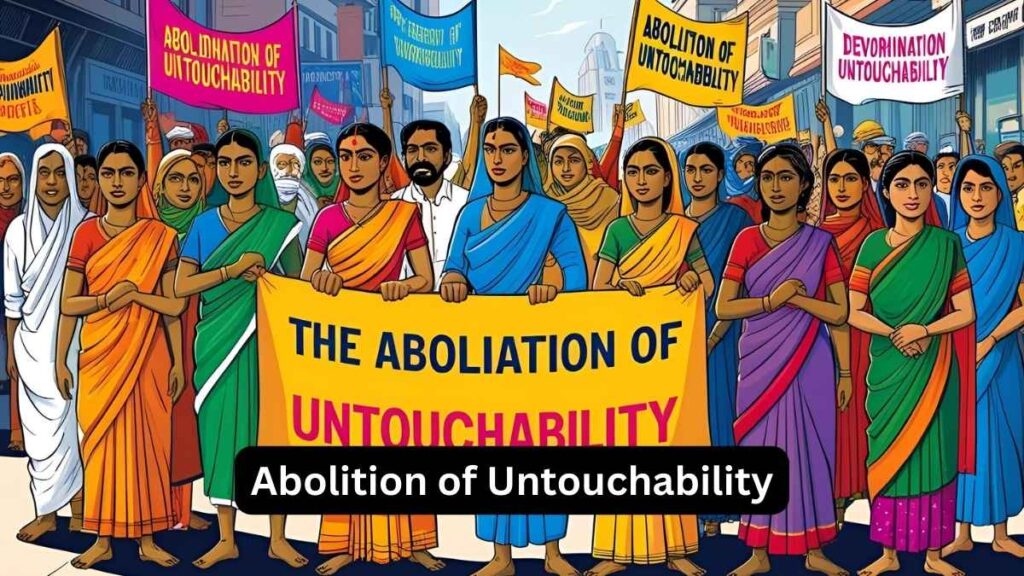Font size:
Print
Living Will
Context:
Justice M S Sonak, of the Bombay High Court Goa Bench became the first person in Goa to register a “living will” – an advance medical directive for his family for when he cannot make his own decisions.
About Living Will:
- “Living will” is a written statement that outlines a person’s wishes regarding future medical procedures in the event they become terminally ill and unable to make their own decisions.
- Goa is the first state that has formalised, to some extent, the implementation of directives issued by the Supreme Court.
About Euthanasia:
- Euthanasia refers to the practice of an individual deliberately ending their life, oftentimes to get relief from an incurable condition, or intolerable pain and suffering.
- Euthanasia, which can be administered only by a physician, can be either ‘active’ or ‘passive’.
- Active euthanasia involves an active intervention to end a person’s life with substances or external force, such as administering a lethal injection.
- Passive euthanasia refers to withdrawing life support or treatment that is essential to keep a terminally ill person alive.
In Common Cause vs Union of India & Anr (2018), the Supreme Court gave guidelines which allowed passive euthanasia:
- A living will be required to be signed by an executor (the individual seeking euthanasia) in the presence of two attesting witnesses.
- Living will be further countersigned by a Judicial Magistrate of First Class (JMFC).
- Also, the treating physician was required to constitute a board comprising three expert medical practitioners with at least 20 years of experience, who would decide whether to carry out the living will or not.
- If the medical board granted permission, the will had to be forwarded to the District Collector for his approval.
- The Collector was to form another medical board of three expert doctors, including the Chief District Medical Officer.
- Only if this second board agreed with the hospital board’s findings would the decision be forwarded to the JMFC, who would then visit the patient and examine whether to accord approval.
Changed guidelines:
- Instead of the hospital and Collector forming the two medical boards, both boards will now be formed by the hospital.
- The requirement of 20 years of experience for the doctors has been relaxed to five years.
- The requirement for the Magistrate’s approval has been replaced by an intimation to the Magistrate.
- The medical board must communicate its decision within 48 hours; the earlier guidelines specified no time limit.
- The 2018 guidelines required two witnesses and a signature by the Magistrate; now a notary or gazetted officer can sign the living will in the presence of two witnesses instead of the Magistrate’s countersign.
- In case the medical boards set up by the hospital refuse permission, it will now be open to the kin to approach the High Court which will form a fresh medical team.
Status of Different countries:
- Netherlands, Luxembourg, Belgium: allows both euthanasia and assisted suicide for anyone who faces “unbearable suffering” that has no chance of improvement.
- United Kingdom: Considers it illegal and equivalent to manslaughter.
- Switzerland: Bans euthanasia but allows assisted dying in the presence of a doctor or physician.


